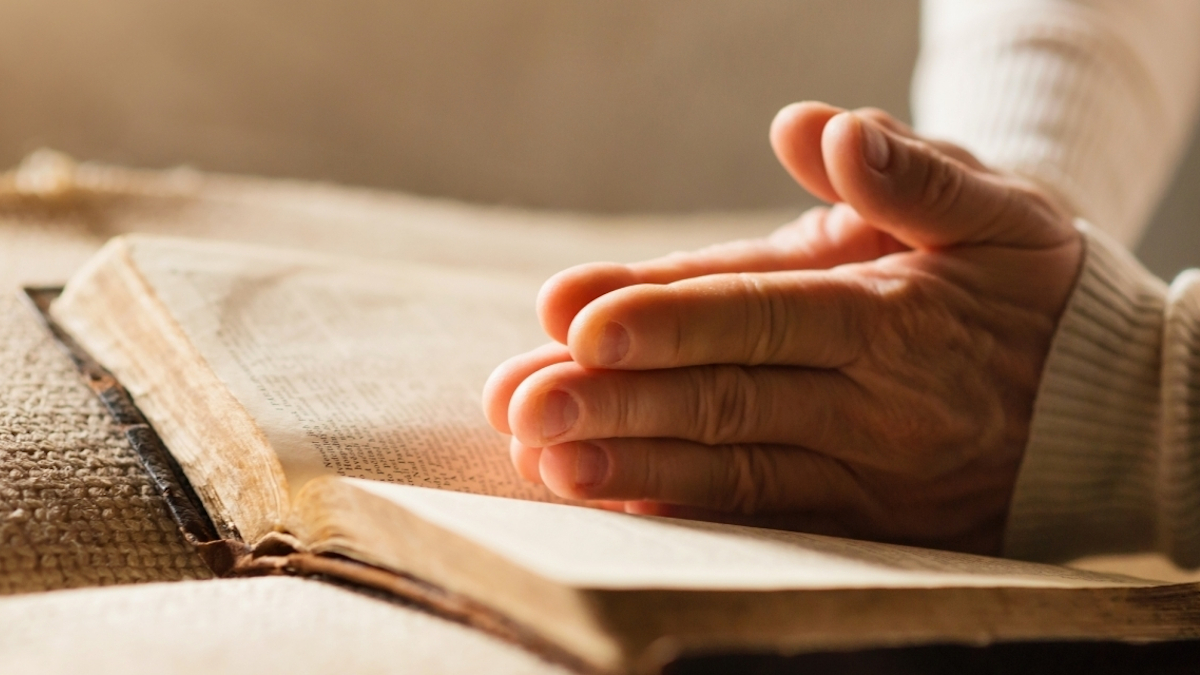CHARLESTON — West Virginia Attorney General Patrick Morrisey is co-leading an amicus brief to the U.S. Supreme Court supporting a broader right to religious accommodations in the workplace.
“It’s a fundamental right of every citizen to freely exercise their religious freedom,” Morrisey said. “Many spend most of their time at work and people should not be expected to choose between their jobs and their faith. That’s absurd. No one should be forced to sacrifice their dedication to their religion in order to keep a job.”
The case involves Gerald Groff, an evangelical Christian who faithfully observes Sunday Sabbath. He was a mail carrier in Pennsylvania when the United States Postal Service signed an agreement with Amazon in 2013 to deliver packages on Sundays and holidays.

Morrisey
Groff resigned in 2019 after USPS refused to grant him a blanket exemption from Sunday shifts. He then sued, alleging the Postal Service subjected him to discrimination for refusing to accommodate his religious beliefs and practices under Title VII of the Civil Rights Act of 1964.
A federal appeals court in May ruled against Groff, concluding that granting him an exemption would burden other postal workers.
In the brief, the 17-state coalition argued that the courts have long applied the incorrect standing for deciding when an employer should accommodate an employee’s religious practices — the current test provides insufficient protection for employees.
"Enough is enough," the brief states. "Title VII’s protections flowed from an expansive, state law-grounded view of religious liberty. Its text embodies the same.
"It is time to bring 'Title VII’s right to religious exercise' back into the fold."
Joining the West Virginia- and Louisiana-led brief are Alabama, Arkansas, Florida, Kansas, Kentucky, Mississippi, Montana, Nebraska, New Hampshire, Oklahoma, South Carolina, Tennessee, Texas, Utah and Virginia.
United States Supreme Court case number 22-174
